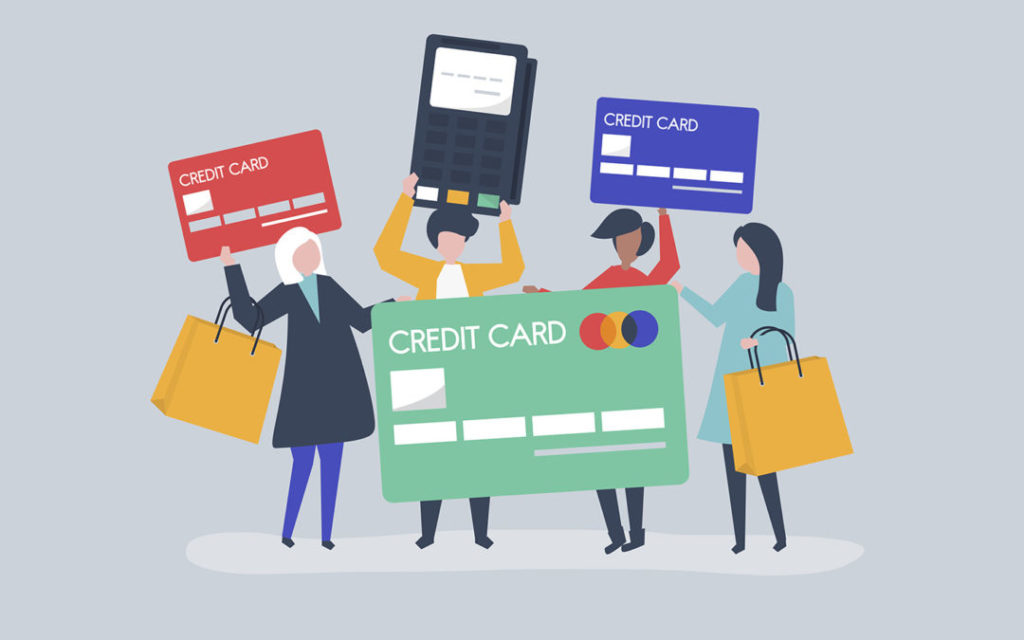Why Square May Not Be A Good Choice
If I had a nickel for every time we’re asked “What’s the difference between 610 Merchant Services and Square?” we would be sitting on an island beach sipping margaritas.
There are some differences between us and Square, but the biggest difference in our payment processing models is 610 Merchant Services is a merchant account provider, whereas Square is a processing aggregator.
610 Merchant Services is a merchant account provider, which sets up merchants with their own dedicated merchant account: a type of account required for businesses to be able to accept payments by debit or credit cards.
Square is a processing aggregator which simply means, merchants are set up to accept credit and debit card without having their own merchant account. Square bunch merchants together into one pool or aggregation, and each merchant processes payments with a joint merchant account.
Square has a quick set-up process and as a result, a low entry barrier for all businesses. This means that they can accept many higher-risk businesses that merchant account providers can’t or simply won’t work with.
Let’s Compare…
| 610 Merchant Services | Square |
| Merchants own their own dedicated merchant account. | No dedicated merchant account |
| A longer application process | Offers a quick and simple application |
| Merchant Service Providers gather information for example processing volumes and types of transactions. If there is any unusual behavior with the processing the merchant is notified, rather than finding out when the account is frozen or worse yet, terminated. | Processing Aggregators usually experience a higher risk for fraud which means more account freezes, holds or sudden terminations without notice. |
| Merchant Service Providers are able to customize rates for each business, offering more competitive pricing. | Offers fixed pricing. This does become very expensive as merchants process more |
| Merchant Service Providers provide next-day funding | Merchant must rely on the payment aggregator to transfer funds. Payment aggregators can withhold funds if they wish |
What does that mean for your business?
Both models have their pros and cons – it simply comes down to your unique business needs.
If your business is processing low volumes, or you’re a seasonal business Square is an ideal payment partner. The costs are straightforward and simple-to-understand. However, because aggregators offer fixed rates, businesses processing more than $10,000 will almost always save costs with a merchant account provider’s tailored fee.
For an established or growing business with a higher volume of transactions, a merchant account provider, like 610 Merchant Services will be more beneficial. It requires more time and commitment at the beginning, but once set up, you can rest easy knowing that you are working with a trusted partner. 610 Merchant Services has the tools and resources businesses need to help them grow.




